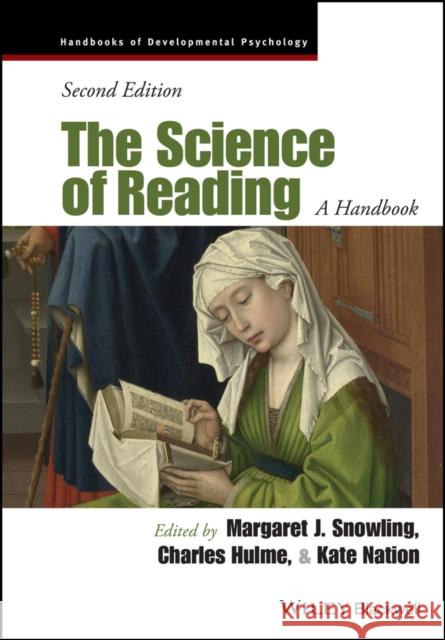The Science of Reading: A Handbook » książka
topmenu
The Science of Reading: A Handbook
ISBN-13: 9781119705093 / Angielski / Twarda / 2022 / 624 str.
Kategorie:
Kategorie BISAC:
Wydawca:
John Wiley and Sons Ltd
Seria wydawnicza:
Język:
Angielski
ISBN-13:
9781119705093
Rok wydania:
2022
Ilość stron:
624
Oprawa:
Twarda
Wolumenów:
01
Dodatkowe informacje:
Bibliografia
Glosariusz/słownik
Glosariusz/słownik











